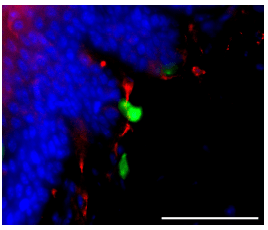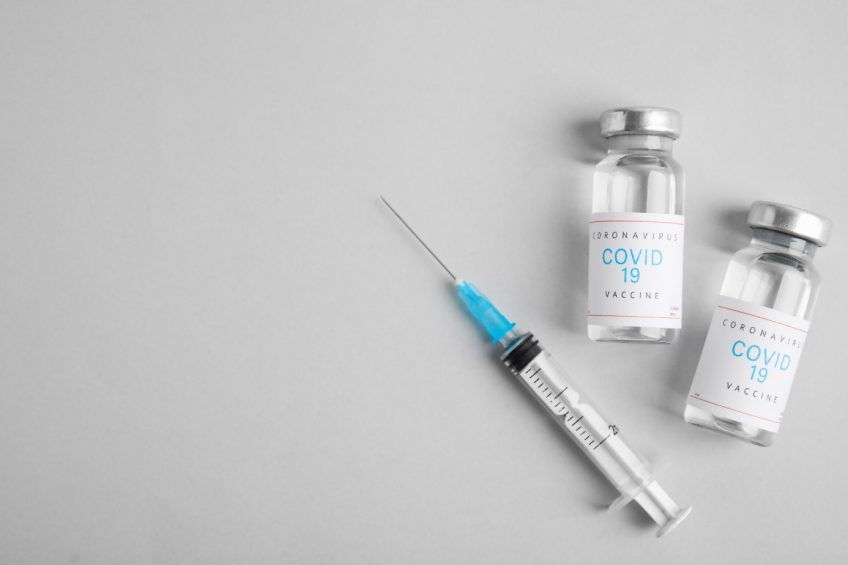Covid-19: a needle-free vaccination soon possible? 24 August 2021
This could be the future of Covid-19 vaccination. While vaccination against SARS-CoV-2 is being stepped up around the world to protect the most vulnerable and reduce the pandemic, a Canadian start-up called International Medical Technologies has decided to innovate.
It has just developed the Med-Jet H4, an injection gun that expels a micro-jet of vaccine through the pores of the skin. “Instead of a needle piercing the skin, it is the vaccine or the liquid itself that comes out as a micro-jet that is six times smaller than a needle. It’s the one that pierces the skin and diffuses,” operations manager Maurice Menassa details to the Journal de Montréal.
Not only less painful than a conventional injection, vaccination with this new technology already approved in Canada could also be a solution to a possible global shortage of syringes and needles in the future.
First trials encouraging
But is the vaccine injector as effective as the syringe? The Canadian Agency for Drugs and Technologies in Health (CADTH) wanted to find out by testing it with the flu vaccine, the polio vaccine, the measles, mumps and rubella (MMR) vaccine, and the diphtheria, tetanus, pertussis and hepatitis B vaccine.
Their findings are promising, as the body’s immune response would be the same whether the vaccine was administered with a needle-free injector or a conventional syringe. The only downside was “a greater number of local adverse events”, such as rash. The systemic side effects such as fatigue, muscle aches and fever, however, were less significant.
An injection method still in the testing phase
It now remains to be seen whether this injection method is compatible with the available Covid-19 vaccines. Interviewed by CNEWS, Béhazine Combadière, research director at Inserm and member of the Centre for Immunology and Infectious Diseases at Sorbonne University, believes that current vaccines will not be able to be administered by micro-jets. “When you want to vaccinate through the skin you have to take into account several parameters. First of all, the vaccine itself. The doses that are injected in vaccination through the skin are not the same as those that are injected intramuscularly, we use much smaller doses,” she explains.
Researchers will therefore have to develop a formula specifically dedicated to intradermal vaccination, or conduct trials with very low doses to ensure their effectiveness. Successful trials could lead to more people being vaccinated with fewer doses.

